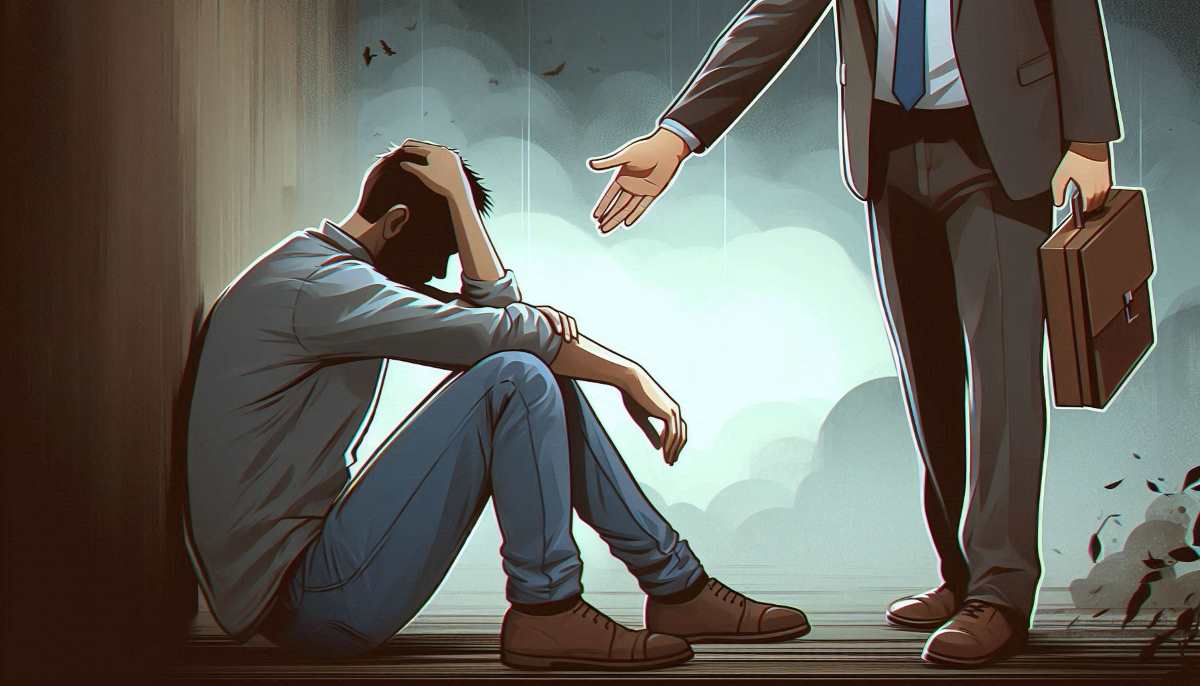Mexico Struggles to Balance Law and Reality in Human Trafficking
Mexico struggles to fight human trafficking. Weak law enforcement lets criminals act freely. Victims need more than just legal justice; they need social support to heal. Laws exist to protect victims, but there's not enough money to enforce them.

Human trafficking is a horrific crime that tears at the fabric of society. In Mexico, this issue is particularly complex due to a deeply flawed justice system and a lack of resources dedicated to victim support. This article explores the challenges Mexico faces in combating human trafficking and the need for a comprehensive approach.
Professor Luis Raúl González Pérez, a legal scholar at UNAM, identifies impunity as the root cause of the problem. When criminals are not held accountable, it creates an environment where trafficking thrives. This lack of justice fails to deter future crimes and leaves victims without recourse or closure.




